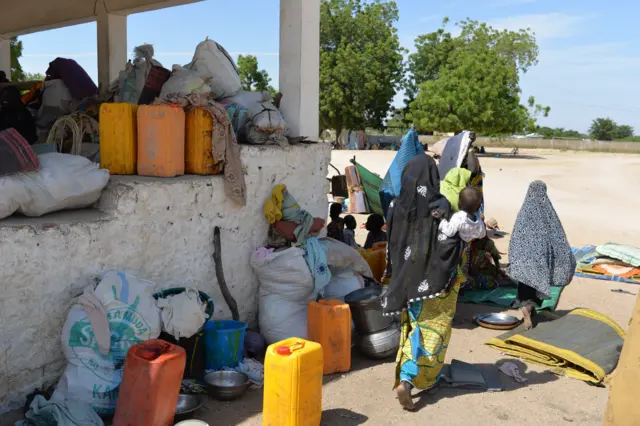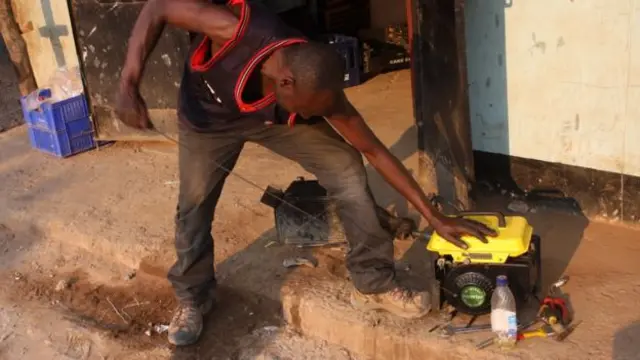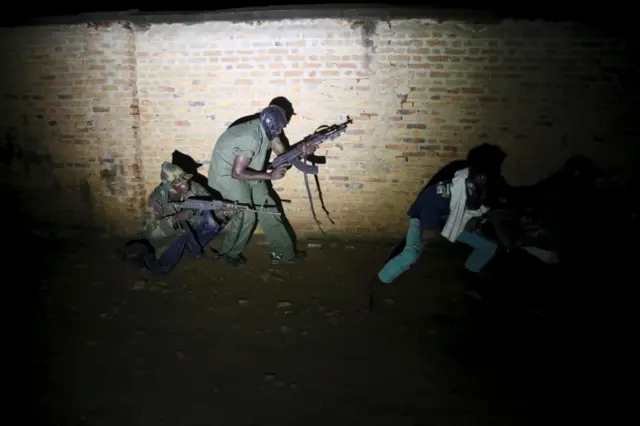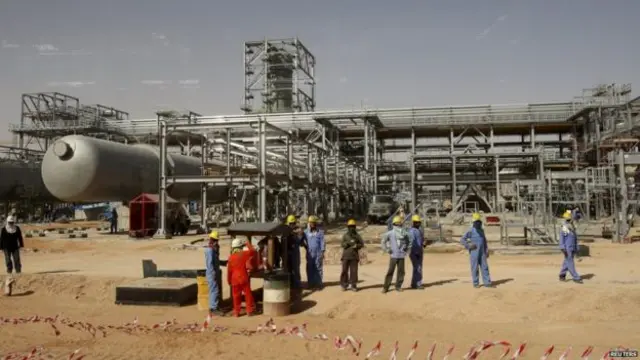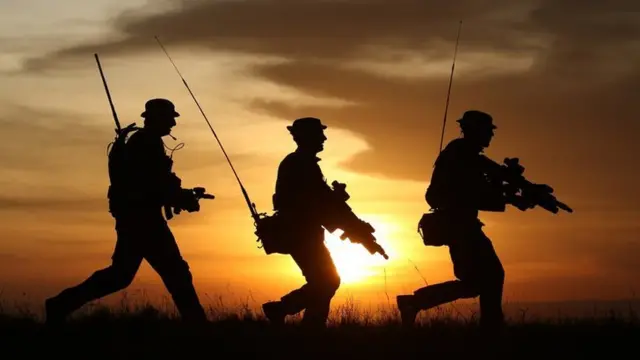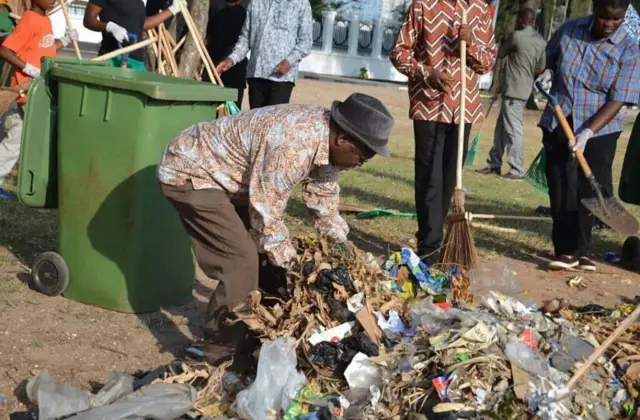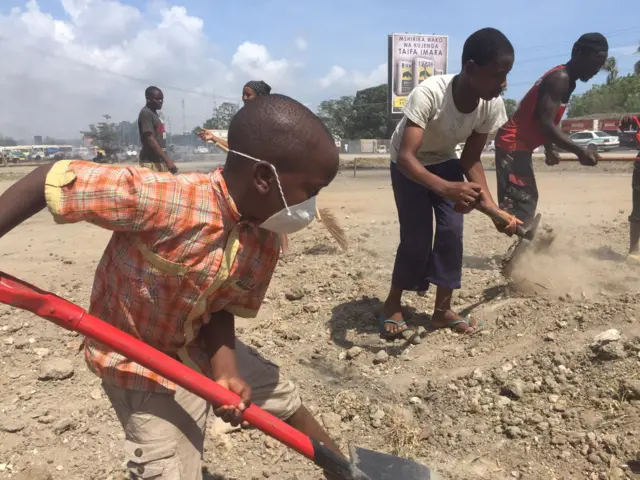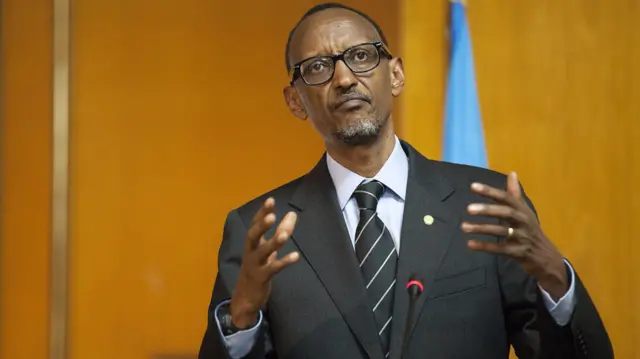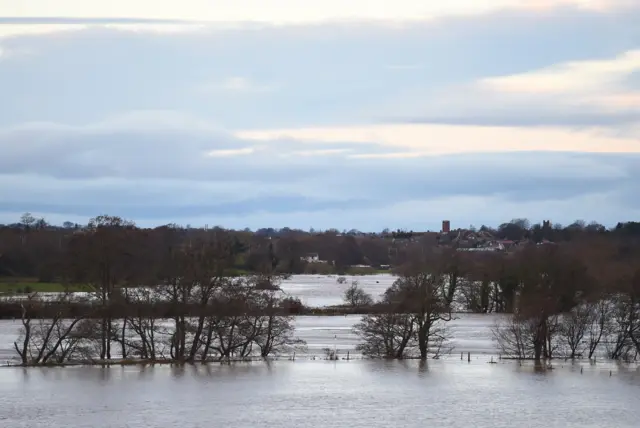Massive humanitarian crisis in Sahelpublished at 12:01
 Thomas Fessy
Thomas Fessy
BBC News, Dakar
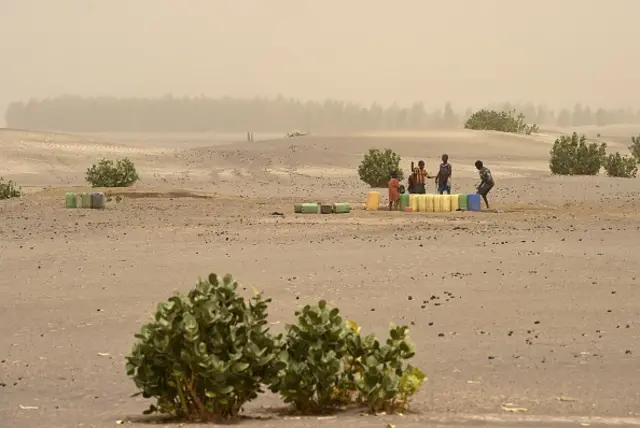 Image source, AFP
Image source, AFPThe UN has appealed for $2bn (£1.3bn) to provide humanitarian aid to more than 23 million people threatened by hunger in nine countries in the Sahel region as a result of conflict between extremist groups and governments, and climate change.
The UN says six million of them will require "urgent life-saving assistance" next year, while two million children under the age of five years - mostly in Chad, Mali and Niger - risk suffering from "severe acute malnutrition".
The humanitarian crisis is unfolding despite better harvests this year.
In the Lake Chad basin, which straddles four countries, Boko Haram's insurgency has triggered the fastest growing refugee crisis in Africa, it says.
The number of people forced out of their homes has tripled in less than two years, reaching 4.5 million.
